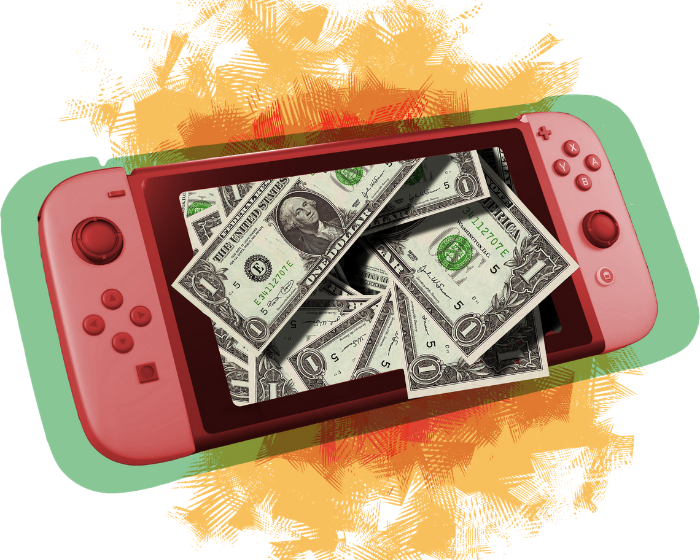With the leak of the PRISM program run by the NSA, many were left wondering how the NSA was able to get at such a huge amount of data in the first place. It turns out that many carriers, including AT&T, were actually being paid $10 million each year to hand over call records. When pressed about this AT&T said only “we ensure that we maintain customer information in compliance with the laws of the United States,” which does very little to assure customers that AT&T is on their side.
Ten million dollars is hardly a substantial amount to AT&T, as they make about one billion each month. The issue is really the idea that AT&T is selling your call logs to the government. While other companies like Google and Facebook go to great lengths to ensure that people feel their data is private, phone carriers have said nothing about privacy, and it’s easy to see why if they are being paid to give that data to the government. This is also unlikely to change because of the unique position carriers are in. Carriers in the US act more like a Postal Service in that they act like regulated monopolies rather than companies that are driven by the customer’s business. Maintaining phone lines and expanding existing networks is an incredibly expensive task, making it very difficult to start a phone carrier and encourage competition. Because of this, people relied on the FCC to regulate prices and make sure customers weren’t being exploited. This regulation stopped about thirty years ago, but the carriers still act the same. Because there are only two really big phone companies, they can still act more or less like monopolies, allowing them to add more restrictions on their contracts while bringing up the price. They are free to act this way because the real threats in their business come from the government and not their customers.
Phone companies in the US often need to seek approval from the FCC for company mergers and other such operations. The FCC just happens to be in same branch of government as the FBI, which can lead to some problems. Understandably, phone companies are reluctant to anger one for fear of angering the other, especially since phone companies regularly ask favors from these government agencies. This makes angering the government much more of a headache than angering a few customers. In fact, in 2001 Qwest CEO Joseph Nacchio claims he was contacted by the NSA with a request to set up a direct access line for the NSA to get whatever data they needed. Joseph declined, citing worries that the program was illegal. Soon after, Joseph claims to have lost critical government contracts, severely Qwest and sending the company into a decline. A few years later, Joseph was accused of insider trading, which he claims is political payback. Although many doubt Joseph’s story, saying it was a way to get out of a crime looking like a hero, it does demonstrate the flaw with phone companies today. If the NSA wanted to punish a company for not adhering to their demands, this is exactly how it would happen.
The moral of the story is basically this: if we are ever to expect privacy, there need to be checks on government agencies like the NSA and FCC. These checks would give control of large telecom companies back to the people, instead of to the government. This is very difficult to do, however, because the FCC also keeps the phone companies in check and prevents them from engaging in monopolistic activities. Unfortunately, there isn’t an easy answer to this sticky situation.































